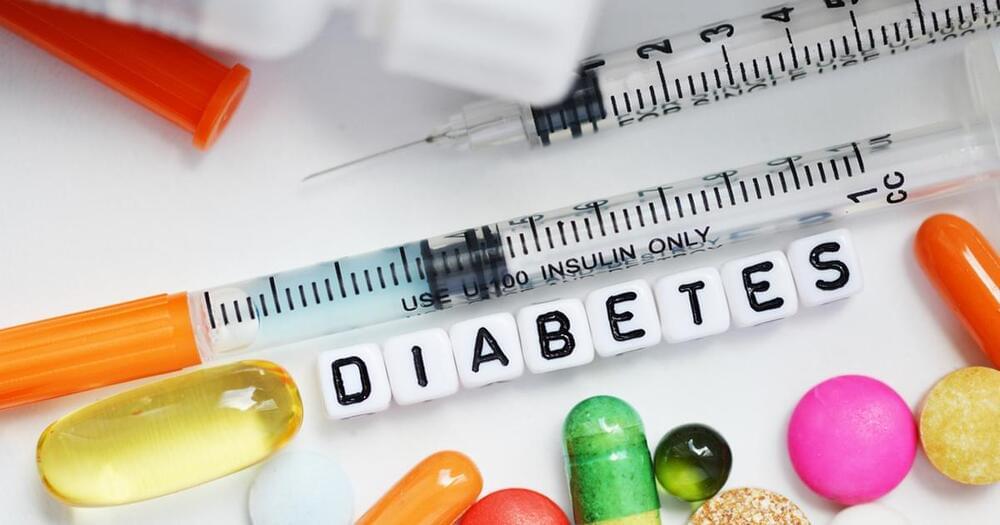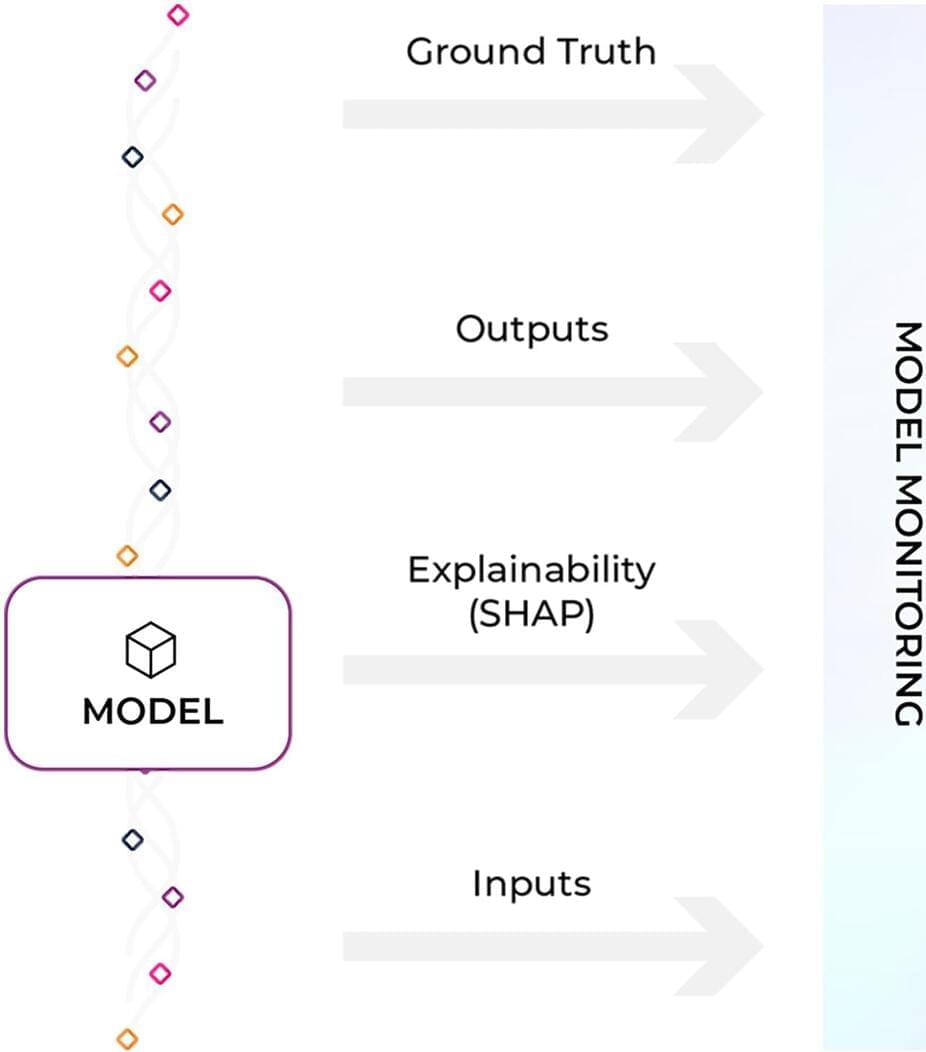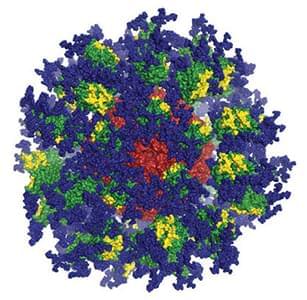Urban air pollution exposure is an ongoing critical challenge for humanity today because the majority of us live in cities. A just-published study in The Lancet Planetary Health reports that 2.5 billion live in urban areas where particulate matter levels exceed World Health Organization (WHO) safety guidelines causing more than 1.8 million attributed deaths annually. The study reports that “the global health burden of ambient fine particulate matter is increasing annually” and is associated with mortality from cardiovascular, respiratory, and lung diseases including cancer. And in terms of chronic diseases, particulate matter in the air contributes to asthma, bronchitis and emphysema, and seen as the leading environmental risk humans face today.
What is particulate matter? The Canadian government defines it as airborne particles that can be solid or liquid. Particulate matter comes from natural and human sources. The natural ones can be seen when volcanoes erupt spewing ash and other aerosols high into the atmosphere. But far more dangerous because of the sheer volume, is human-produced particulate matter coming from smokestacks, tailpipes, power plants, recently tilled fields, tires running across asphalt and concrete roads, and other human activities that release fine particles into the wind. The lighter and smaller the particle, the greater the threat. That’s because fine particulate matter is easier to inhale. It’s also easier to enter the pores of leaves in plants, and easier as liquid aerosols to bind to our buildings and bridges and other infrastructure where its acidic nature causes corrosion.
A particle of 2.5 micrometres (equivalent to 0.00009843 inches) or less is a public health threat. The U.S. Environmental Protection Agency tracks aerosol pollution at this size and on its site notes that particulate matter smaller than 2.5 micrometres has been declining for two decades. The Lancet study contradicts this finding noting that globally levels of airborne particulate matter have changed very little in twenty years. And where’s the greatest rise? In the cities of Southeast Asia.







